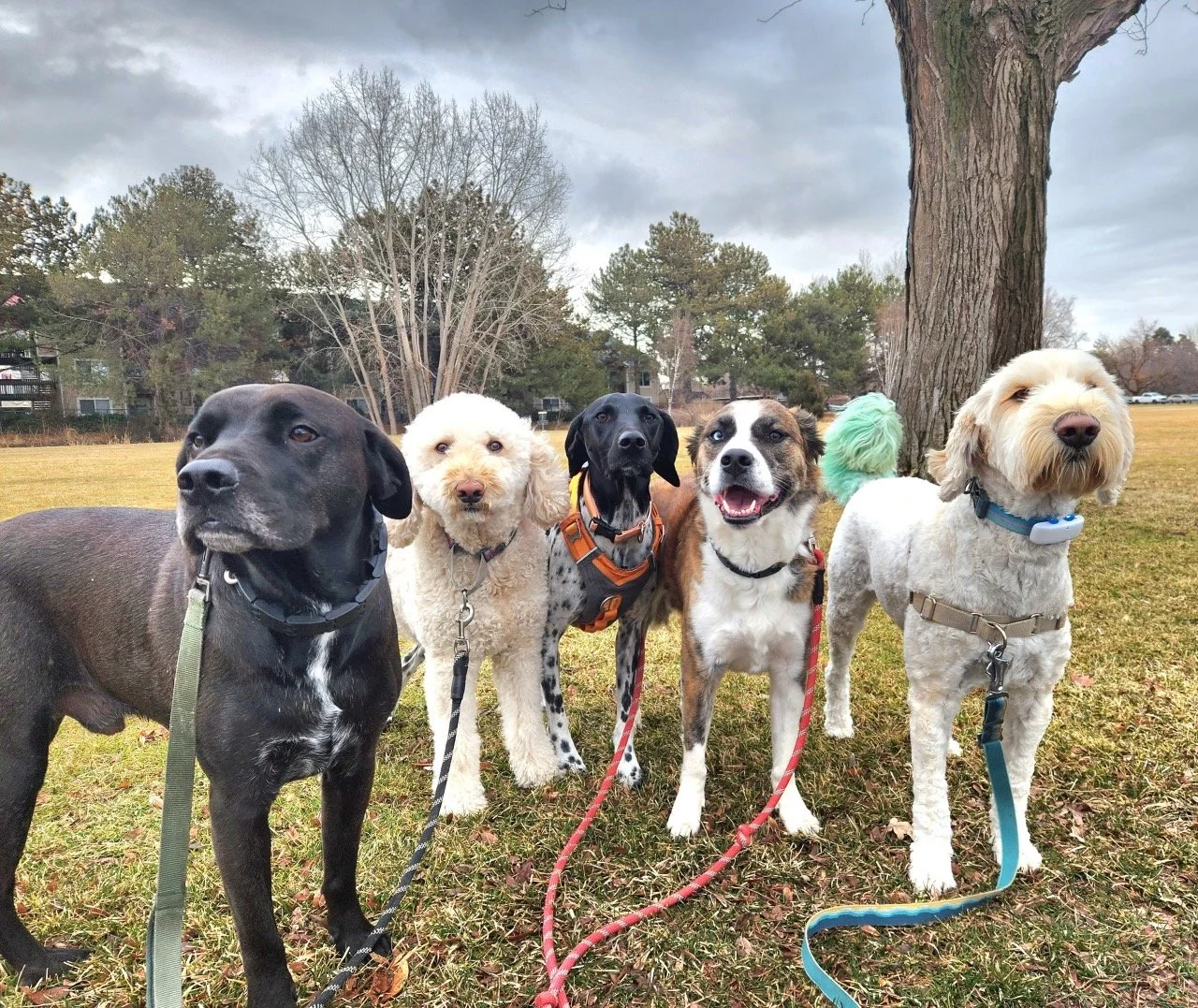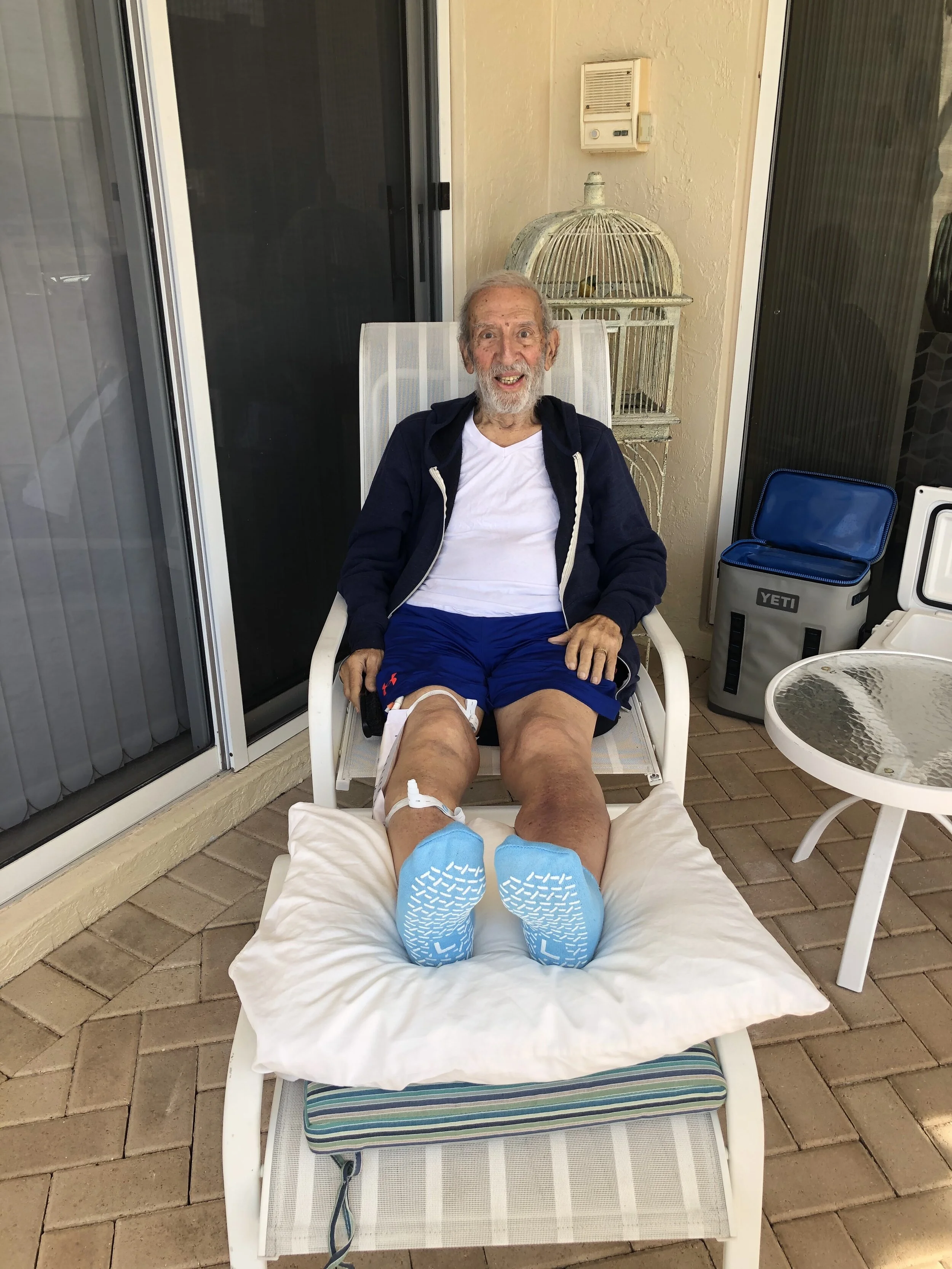Facing Fear Together
/For patients facing cancer and other serious illnesses, a profound obstacle to health and well-being is fear.
A young patient facing aggressive lymphoma wrote: “Suddenly you find yourself in a place which was previously unimaginable — or at the very least undesirable — for you or anyone else.”
As we worked together over 26 months, I observed that each time we faced her fears together by way of a late night text, an informal house call or a long talk, she was able to meet the most ominous situations with peace.
Physicians have a unique opportunity to get to know patients, learn about patients’ views of themselves and their world, and help them express, understand and address their fears in order to achieve health.
We are taught as physicians that we should not get too close to our patients. If we do, it will hurt too much if they die. It does hurt, but that should not stop us. Of course, we need to maintain perspective so that we can provide objective advice when necessary. But does this require that we omit emotion?
This patient taught me how deeply a physician’s language and demeanor can impact the spirit of a patient. When this patient was afraid, she looked closely at me to see if I was afraid. She listened for concern in my voice, watched to see if I would look her into her eyes or look away, and waited to see if I was comfortable making the time to listen and work through the fear with her.
When she sensed my commitment, she relaxed, and we worked at transforming the fear. Once this was accomplished, her health considerations were addressed with more clarity. This patient often surprised her physicians, for as she cultivated the capacity to quiet her mind, she often healed in unexpected ways.
Even when patients have advanced disease, when empowered and supported, they can deal with inconceivable challenges without fear. Near the end of her life, this patient faced her situation with incredible strength and grace.








